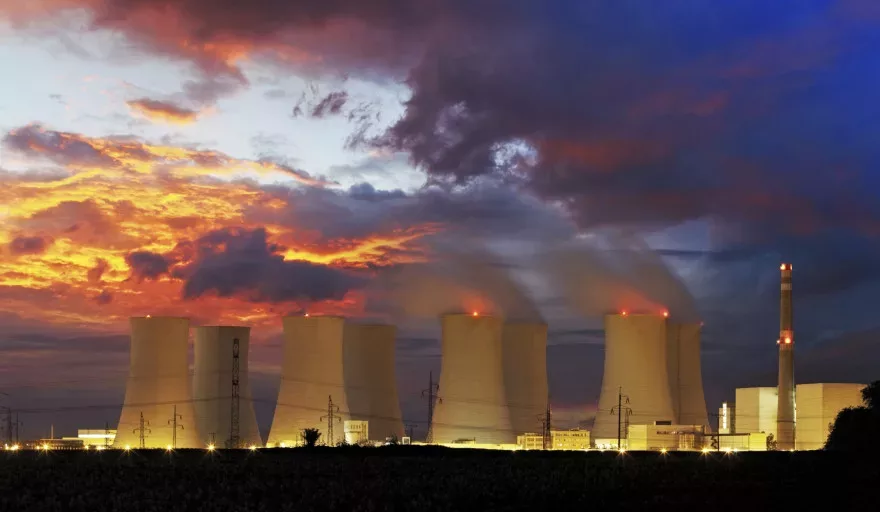A new £16bn nuclear power plant at Hinkley Point in Somerset is to go ahead after it received final approval from European Union regulators.
The European Commission said Britain had agreed to “modify significantly” the financing for the project, reducing the burden on British taxpayers. In total 16 commissioners voted in favour of the project, just ahead of the 15 votes needed for approval.
EDF Energy is due to build the plant, the first in the UK in almost 20 years.
The Commission had been examining whether the funding for the project broke state aid rules.
However, it said the changes agreed by the British authorities would cut the subsidy by more than £1bn, meaning that state aid would remain “proportionate to the objective pursued, avoiding any undue distortions of competition”.
The Commission said changes made meant gains generated by the project would be better shared with UK consumers.
The decision was controversial, with green critics believing that the government should have offered subsidies to renewable energy sources, such as wind and solar energy.
Austria, which strongly supports green energy, has threatened to take the European Commission to the European Court of Justice to protest against the decision.
“There is absolutely no legal, moral or environmental justification for turning taxes into guaranteed profits for a nuclear power company whose only legacy will be a pile of radioactive waste,” said Greenpeace’s EU legal adviser, Andrea Carta.
However, Lord Hutton of Furness, chairman of the Nuclear Industry Association, said the Commission’s approval was “an important step”.
“This will set in train an important time for the nuclear sector in the UK as new build projects get under way to replace the current ageing generation. It also gives certainty to other European countries looking at the UK system of contracts for difference as a mechanism to secure their own supply.”


















